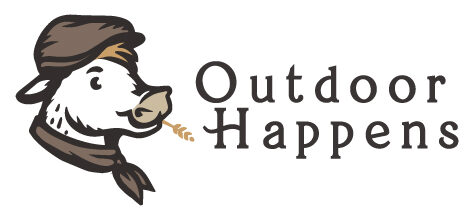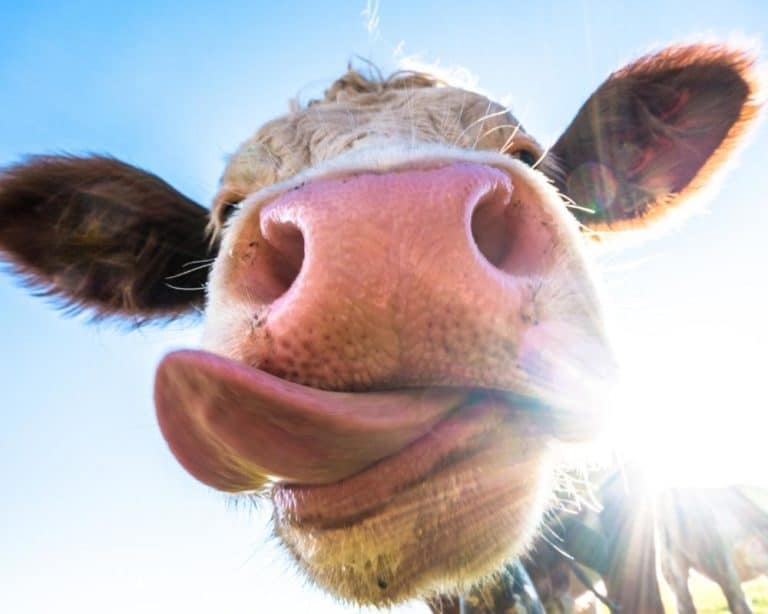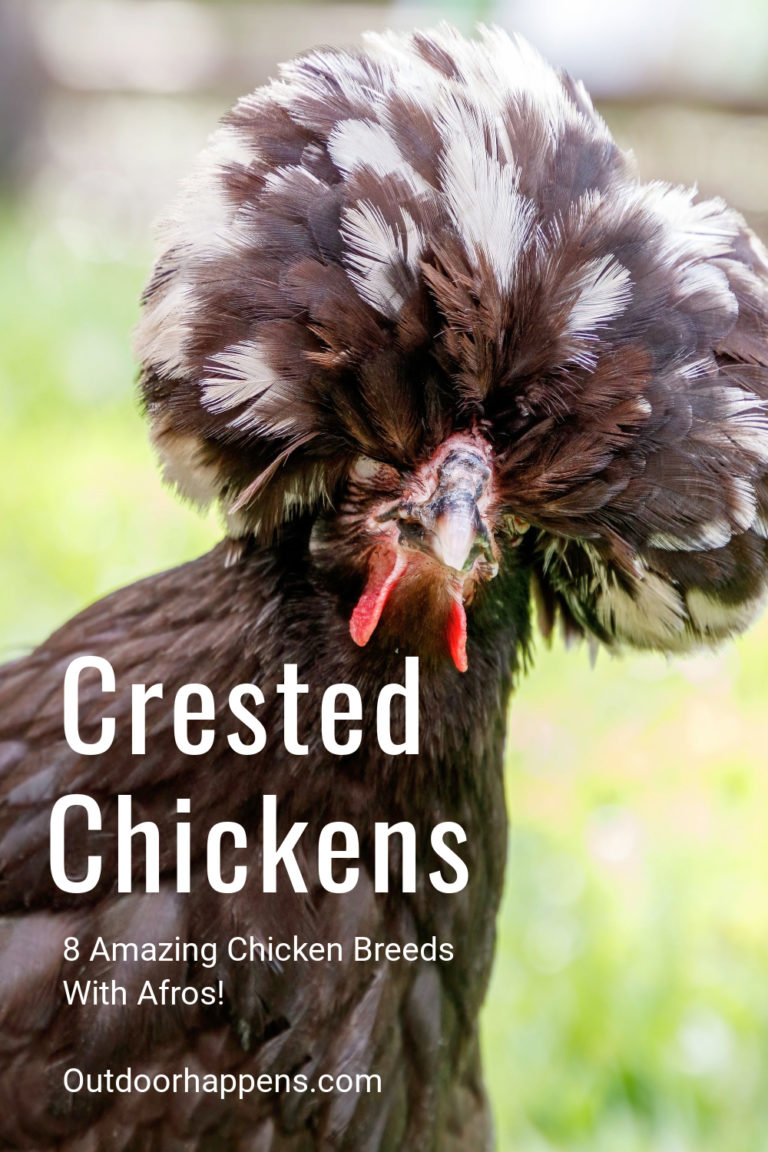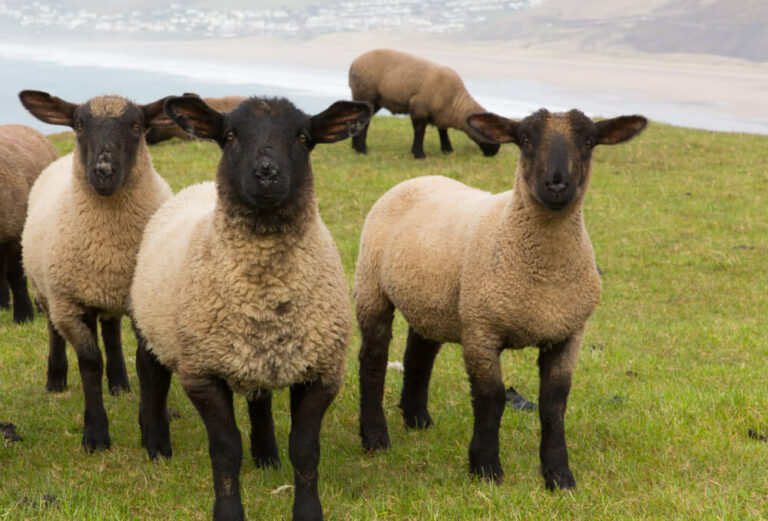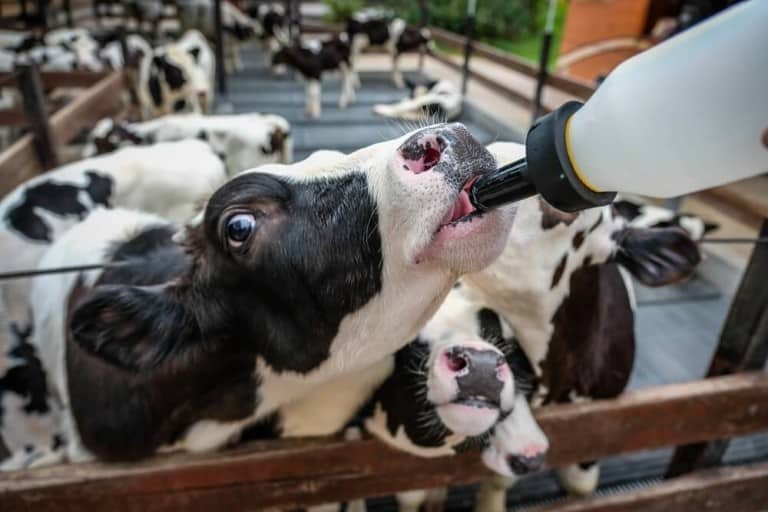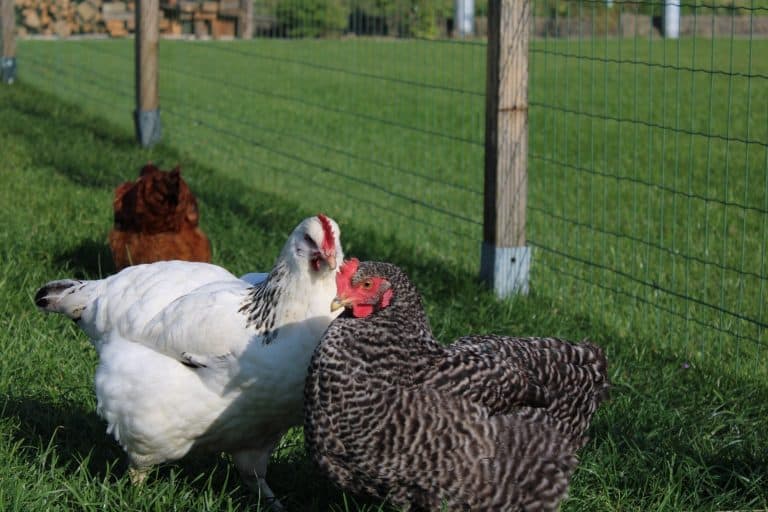The Ultimate Guide To Dominique Chickens – Cost, Origin, Uses, And Lifespan!
Welcome! This article contains affiliate links, meaning I get a commission if you decide to make a purchase through my links, at no extra cost to you.
Dominique chickens are multi-purpose birds, excelling in egg production and meat quality. But what sets them apart are their hidden superpowers. They’re hardy, resourceful foragers and reliable brooders. We penned this all-in-one Dominique chicken guide to celebrate their legendary roles as profitable homestead companions and to help spread the word about them. We also wrote an epic Dominique chicken ballad you won’t find anywhere else. So grab your coop
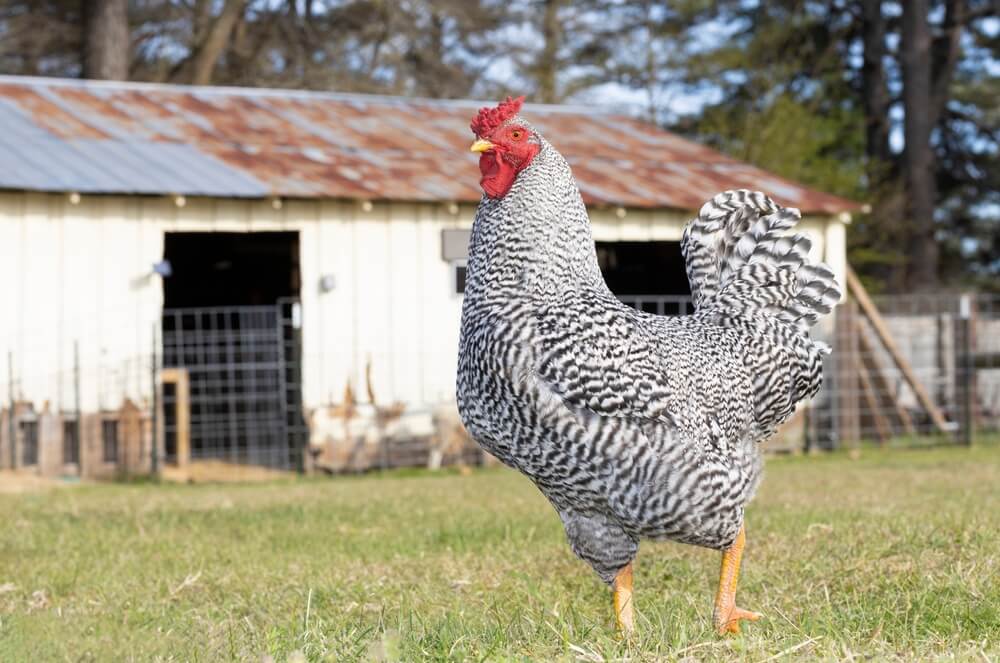
Sound good?
Then let’s continue!
Dominique Chicken Overview
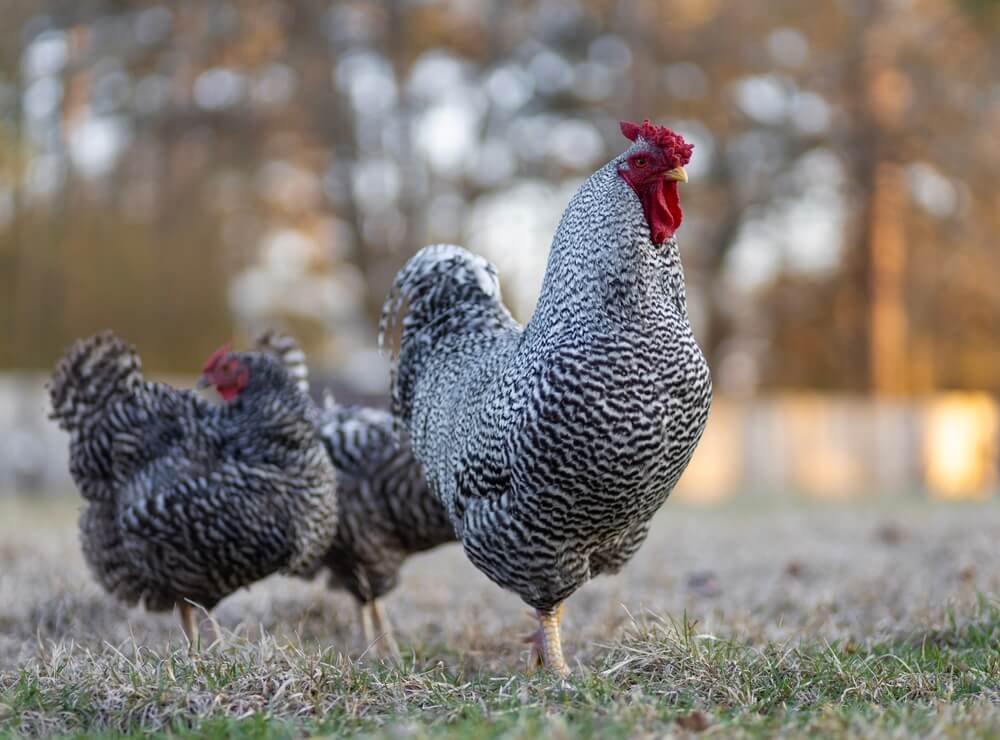
The Dominique chicken, America’s oldest chicken breed, has a history that harks back to the earliest days of US colonization. These remarkable birds, characterized by their distinctive black-and-white barred plumage and elegant rose combs, are thought to have been brought to the United States by settlers from southern England. Regardless of how they got here, their resilience, hardiness, and resourcefulness made them invaluable companions for homesteaders, and they are famous for their dual-purpose qualities.
| Origin: | The Dominique chicken is believed to have arrived with early European settlers. Like many European chicken breeds, its exact history remains somewhat mysterious. |
| Lifespan: | Around 6 to 8 years. |
| Cost: | They’re somewhat costlier than other birds but still affordable. We checked Hoover’s Hatchery, the same hatchery that Tractor Supply uses, and costs range around $3 to $4 for male chicks, $5 to $6 for female chicks, and $4 to $5 for unsexed chicks. |
| Rooster Weight: | Around 6 to 7 pounds. |
| Hen Weight: | Approximately 5 to 6 pounds. |
| Temperament: | Dominiques are hardy, friendly, and adaptable birds. |
| Appearance: | They have striking black-and-white barred plumage and a distinctive rose comb. |
| Description: | Dominiques are dual-purpose birds known for their foraging abilities and self-sufficiency. |
| Uses: | Famous for ample eggs and meat. |
| Egg Color: | Brown eggs. |
| Egg Production: | 200 to 220 eggs annually. |
| APA Approved?: | Yes, Dominiques are recognized by the American Poultry Association (APA). |
The above table should help you learn about the Dominique chicken breed. But – there’s also plenty more. Consider the following.
Read More – The Ultimate Guide To Golden Comet Chickens! Uses, Origin, Lifespan, And Cost!
Origin And History
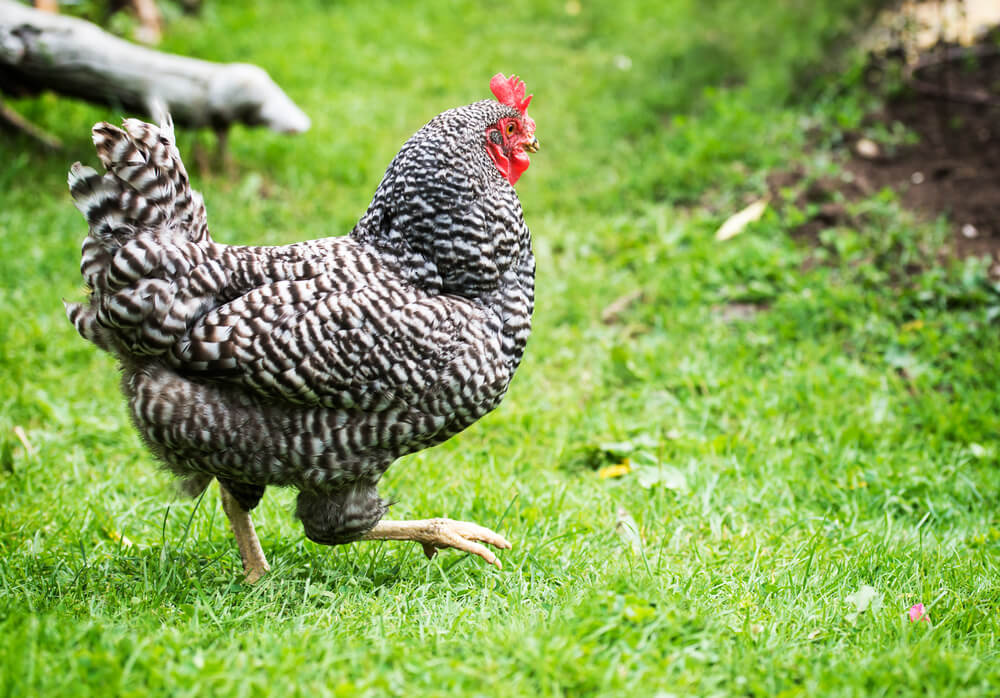
Imagine a chicken that witnessed the birth of a nation. With its striking black-and-white barred plumage, the Dominique is a living relic of America’s past. These birds arrived alongside early European settlers, scratching the soil alongside pioneers and forging a bond with the land. Their resilience and adaptability allowed them to thrive in the harshest conditions, making them invaluable companions to those who tamed the wilderness. Today, as we raise Dominiques in our backyards, we honor their legacy as a testament to the enduring spirit of self-sufficiency and heritage that resonates with poultry enthusiasts across generations. 🌿🌟🐔
What Is The Dominique Chicken Breed Used For?
These birds wear two hats. (Or, should we say feathers? Lol.) They’re egg layers and meat specialists. Their brown eggs grace breakfast tables, while their flavorful meat satisfies discerning palates.
Dominiques are among the best
Raising The Dominique Chicken Breed
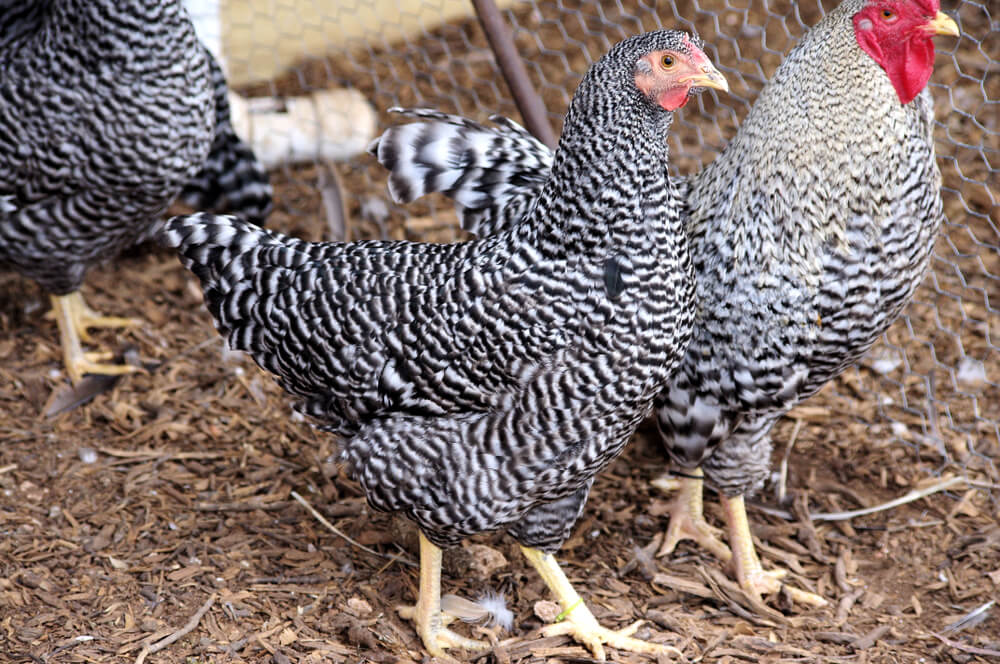
Dominiques thrive in diverse climates, from chilly Maine winters to Southern summers. Raising them is far easier than fancy and fussier breeds like the Silkie or Polish chicken. That said, there are a few things you should know about them.
Temperament
These birds strut through life with the confidence of seasoned explorers. But don’t be fooled by their no-nonsense demeanor. Beneath those barred feathers lies a heart as gentle as a sun-kissed meadow.
- Unyielding Courage: Dominiques are the cowboys of the coop. They face life head-on, whether a curious raccoon sniffing around the henhouse or a blustery storm threatening their roost. These birds don’t flinch. They stand their ground, feathers ruffled but spirits unbroken.
- Foragers Extraordinaire: Dominique birds scratch and peck like seasoned prospectors, unearthing hidden treasures from the earth, like bugs, seeds, and fallen fruits. They devour it all. Their self-sufficiency goes back to a time when survival depended on resourcefulness.
- Community Diplomats: Dominiques are contenders but not bullies. They know the delicate dance of the corral. They’re not quick to quarrel. Instead, they mediate disputes with a calm authority. As long as other birds play nice, Dominiques extend a wing of friendship.
Read More – The Ultimate Guide To Delaware Chickens! How Do These Epic Birds Compare To Dominiques?
Health And Lifespan
Dominique chickens typically live 5 to 8 years, depending on their living conditions. These hardy birds lay well during their first two years, but egg production usually declines gradually at approximately 10% per year after this period.
To ensure their well-being, pay attention to the following.
- Parasite Control: Regularly check for potential parasites, lice, or pests. Keeping their coop clean and providing a healthy environment will help them lay better for longer.
- Nutrition: A balanced diet contributes to their overall health. High-quality feed, fresh water, and occasional treats will keep them thriving.
- General Care: Regular health checks, secure shelter, and protection from the chilly winter weather help maintain their longevity.
Remember, Dominiques are resilient and adaptable, but thoughtful care helps ensure their well-being. 🐔🌿
Read More – Here’s How To Build A Secure Chicken Coop That Keeps Foxes Out!
Food And Water
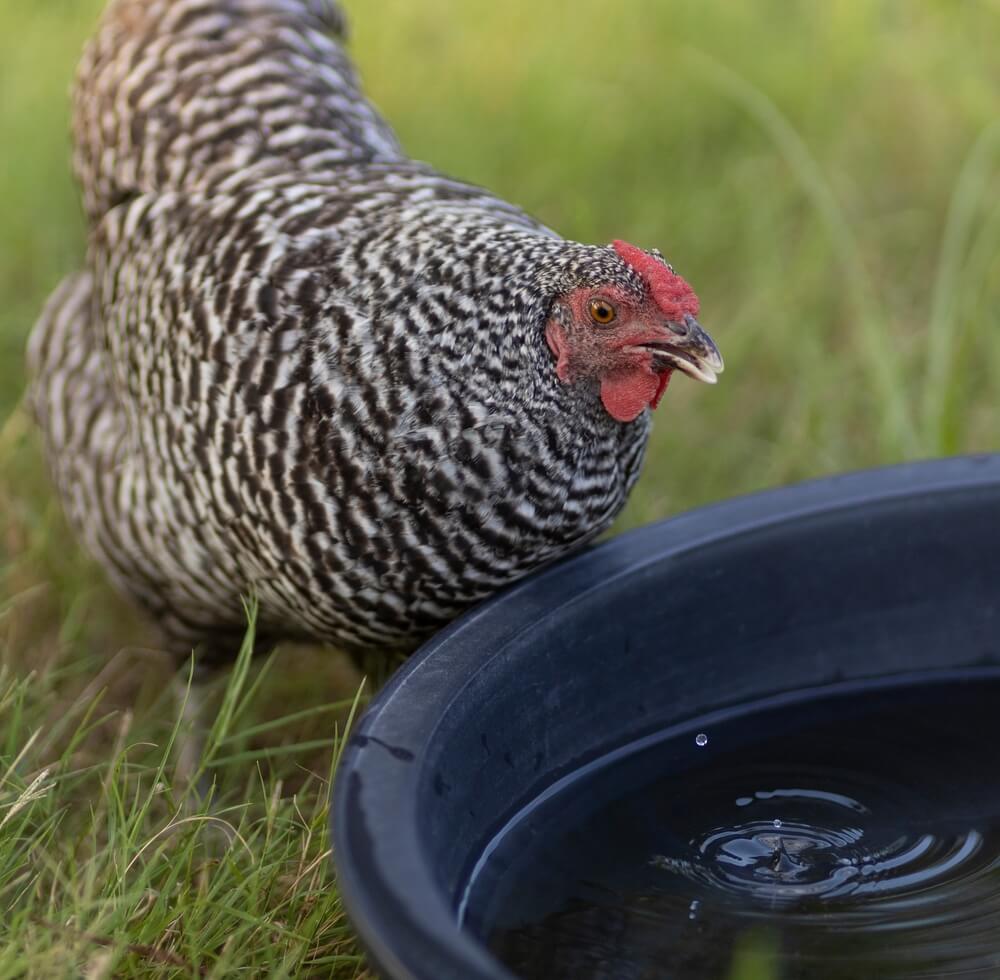
Dominiques are low-fuss but also need plenty of fresh water and nourishing food, especially if they provide hundreds of eggs yearly for your coop!
Dominique chickens thrive on a balanced diet, typically including commercial poultry feed suitable for layers or all-purpose use.
In addition to commercial feed, Dominiques *love* foraging for insects and plants, which contributes to their overall nutrition and well-being.
These birds work hard grazing, hunting insects, free-ranging, and laying. So, ensuring constant clean, fresh water access is essential.
Appearance
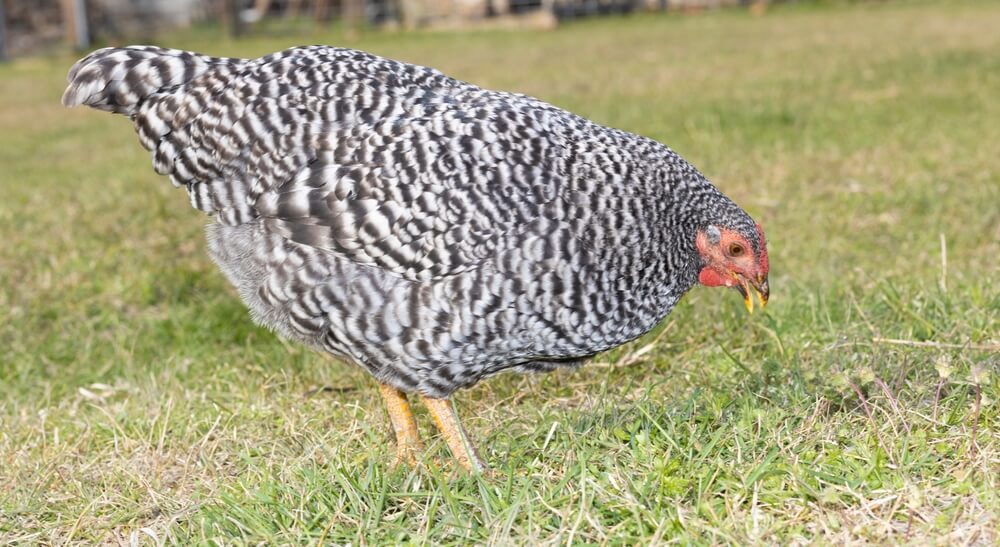
The rose comb, resembling a delicate tiara, sits prominently atop the Dominique chicken’s head. Unlike the single comb in many other chicken breeds, the rose comb has multiple points and a gentle curve. It’s both functional and decorative, providing some insulation against cold weather and enhancing their regal appearance.
Dominiques showcase striking black-and-white barred feathers. These alternating dark-and-white bands create a captivating pattern across their bodies. The barred plumage makes them visually appealing and provides natural camouflage, allowing them to blend into their surroundings when foraging.
Their eyes are bright and alert, reflecting their active and curious nature. Dominiques have uncanny street smarts and are known for being attentive and aware of their surroundings.
Size And Weight
Dominiques are medium-sized chickens. Adult Dominiques weigh an average of 5 to 6 pounds (2.3 to 2.7 kilograms). Their moderate size makes them ideal for backyard flocks, as they don’t demand extensive coop space or specialized housing.
Read More – Chicken Size Comparison Guide! Bantam Chickens Vs. Regular Chickens. What’s The Difference?
Our Ballad To Dominque Chickens
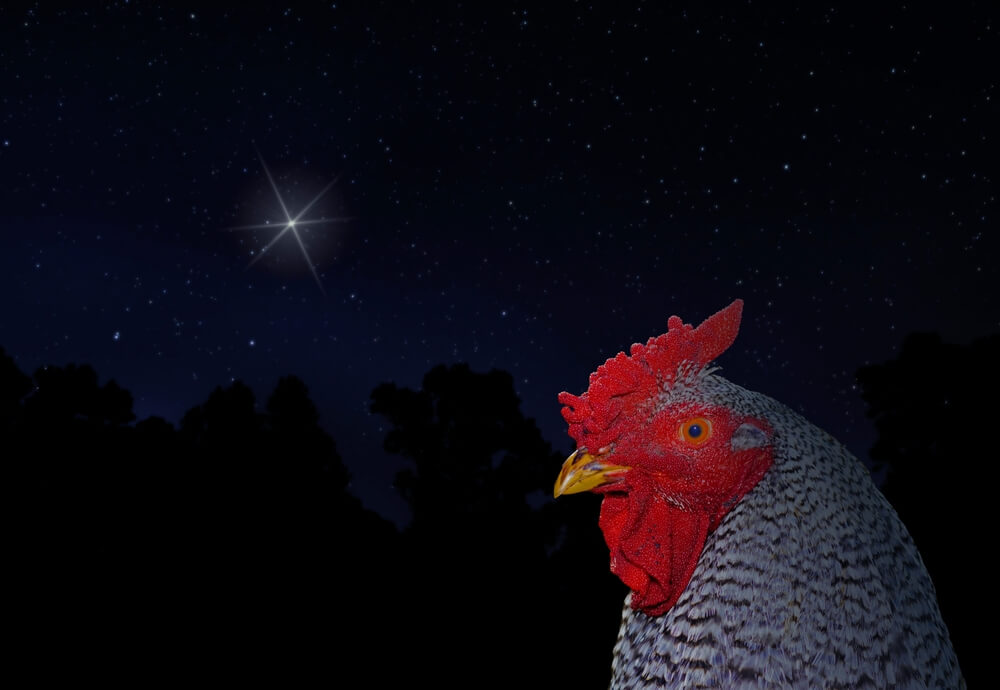
In the heart of frost-kissed New England, where winds weave tales of old, stands the mighty Dominique, a living fable with hearts of gold.
Their plumage appears thick and monochrome, a noteworthy harmonious blend. But their honorable spirit, not their colors, makes their legend ascend.
Centuries whisper in their combs, a heritage etched in every feather. From colonial barnyards to modern days, Dominiques link centuries together.
When snow blankets the New England soil, Dominique hens huddle with their feathers fluffed. Their rose combs catch the morning sun as if wearing crowns, weathered and rough.
Beneath snow-laden branches, they scratch for secrets buried deep. Their claws touch soil and memory, as if unearthing dreams from eternal sleep.
And when winter’s chill wraps its arms, Dominiques thrive with their purpose clear. They embody New England’s spirit and keep it alive year after year.
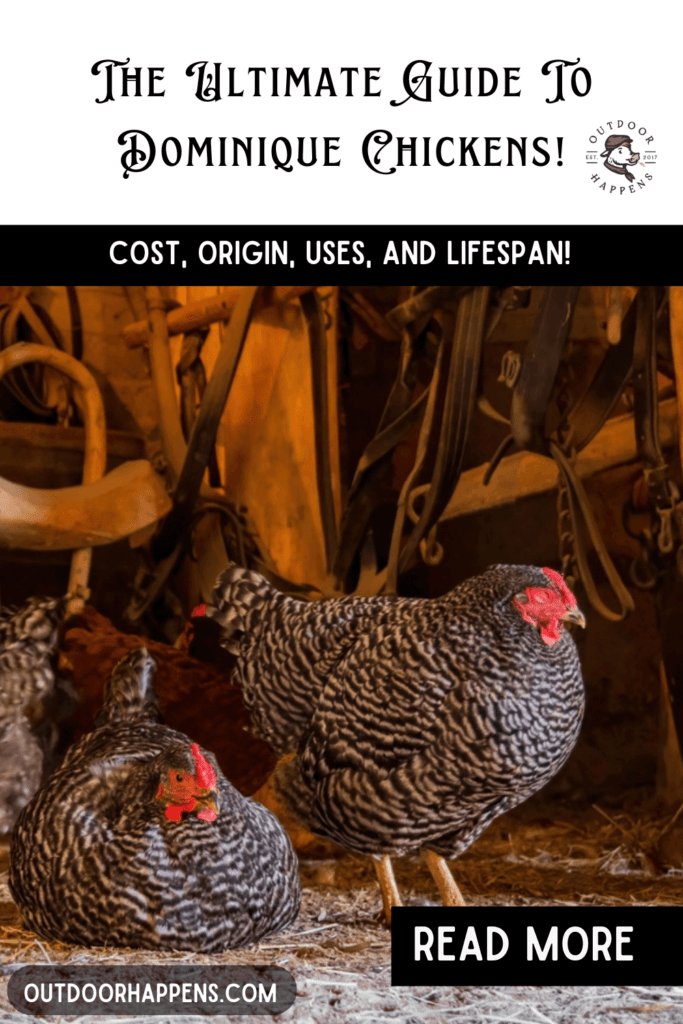
Conclusion
We hope you enjoyed our Dominique chickens guide! We’re massive fanciers of this legendary breed and try our best to help spread the word about them.
What about you?
- Do you agree Dominique chickens are the ultimate breed for homesteaders?
- Have you ever seen a Dominique chicken in real life?
- Would you raise your Dominique chickens for eggs? Or meat, too?
- Do you live in a chilly climate? Or somewhere warmer? (Dominiques work either way.)
- The precise origin of the Dominique chickens is murky. Do you have any theories as to their exact origin?
We hope to hear from fellow Dominique fanciers!
Thanks again for reading.
Have a great day!
